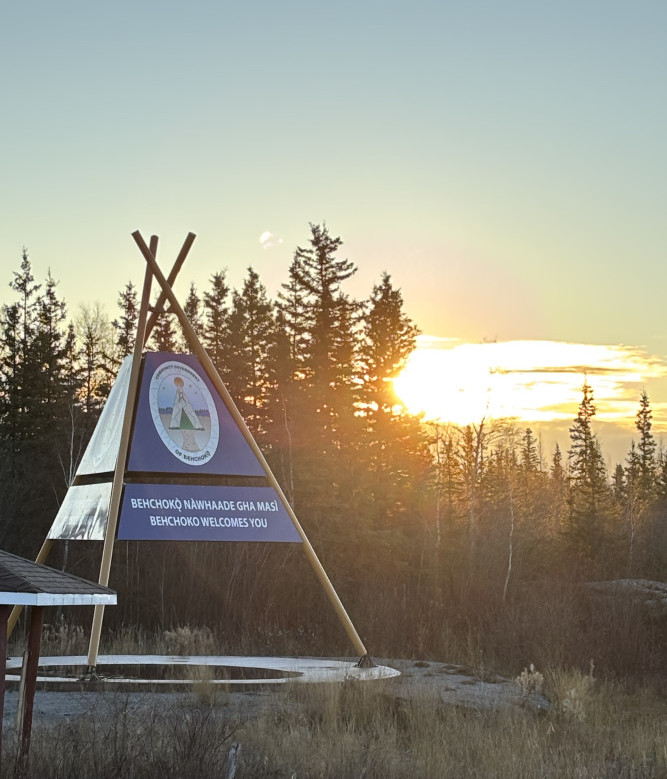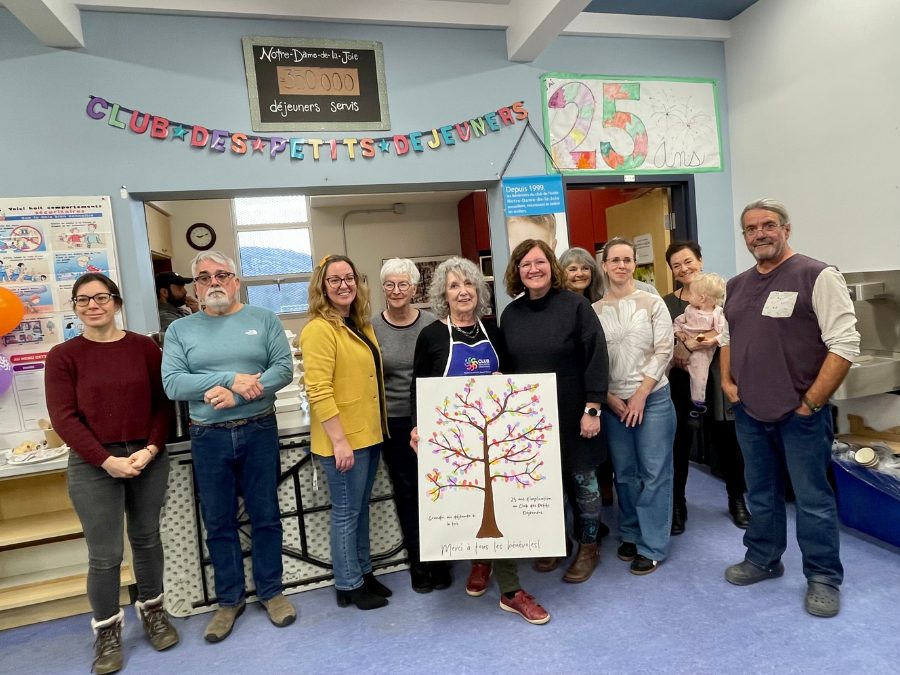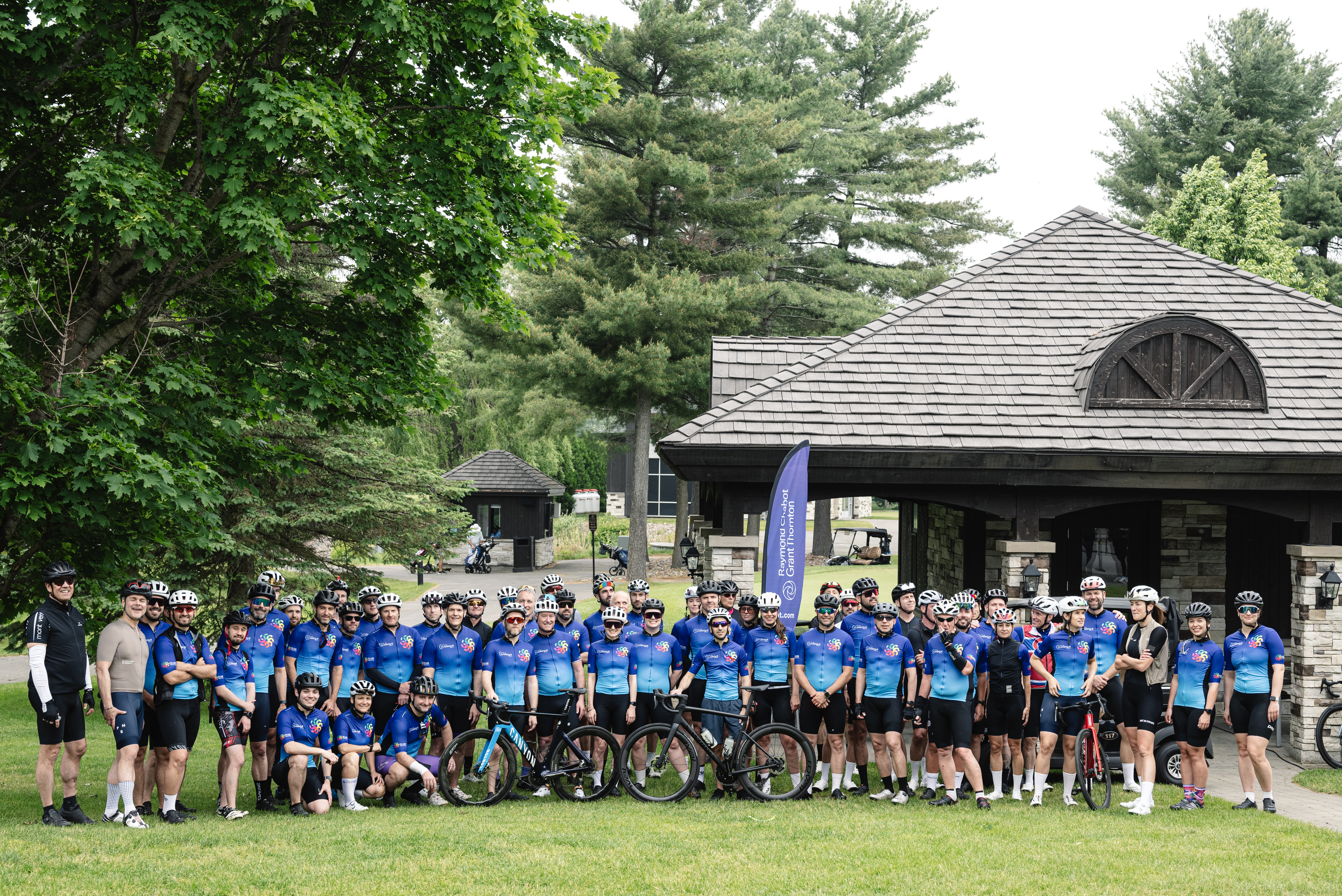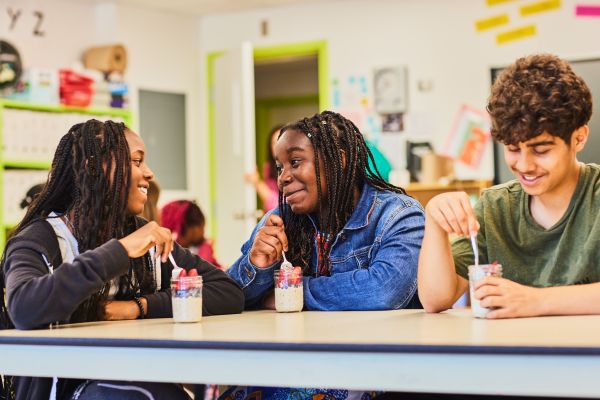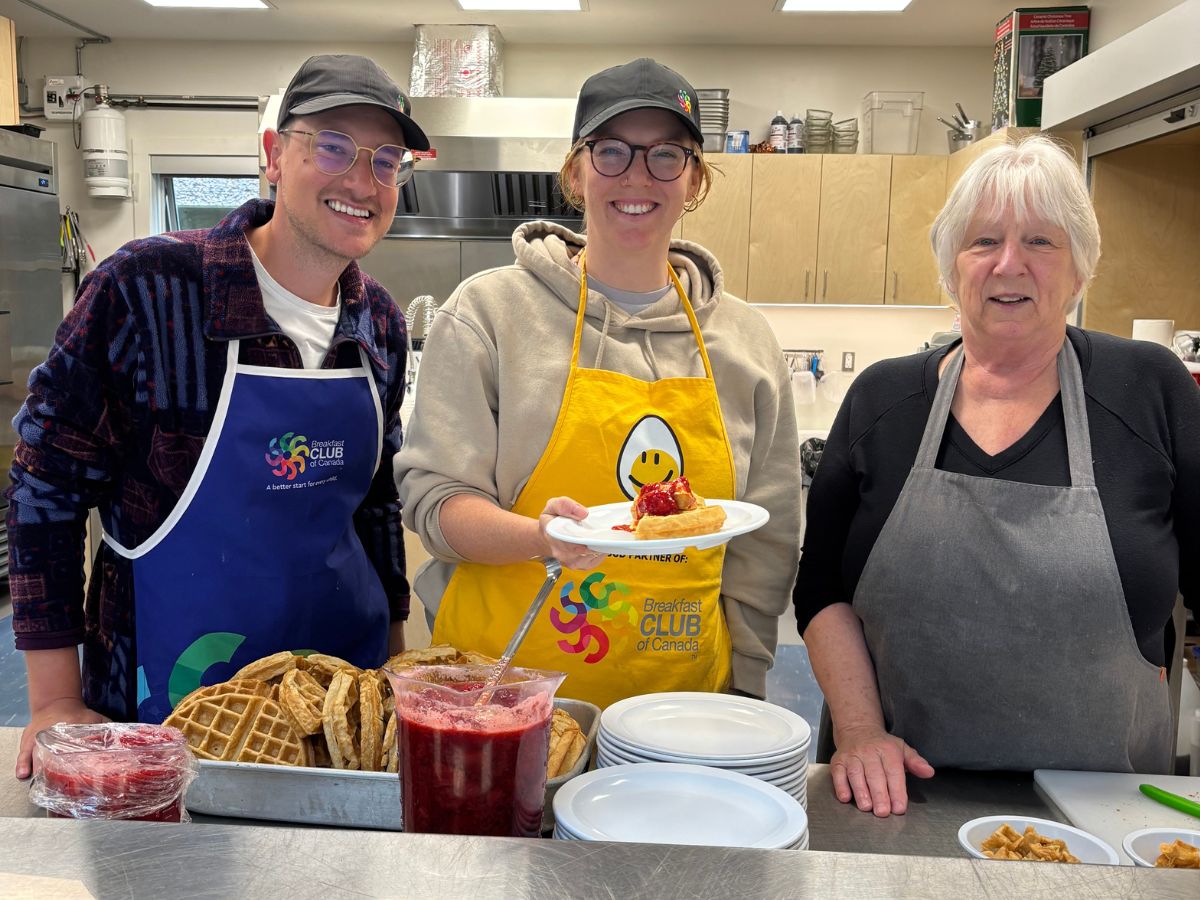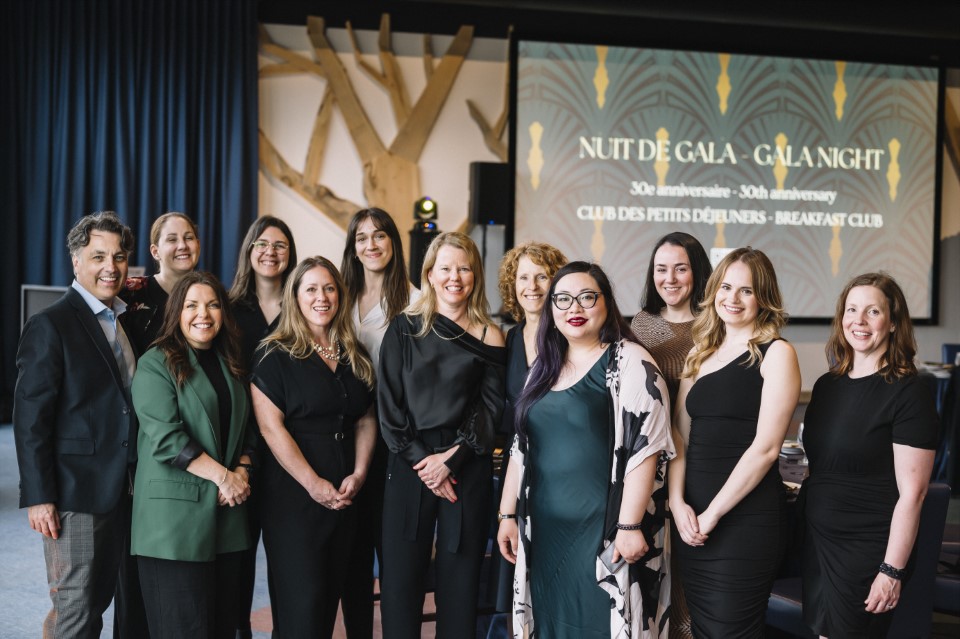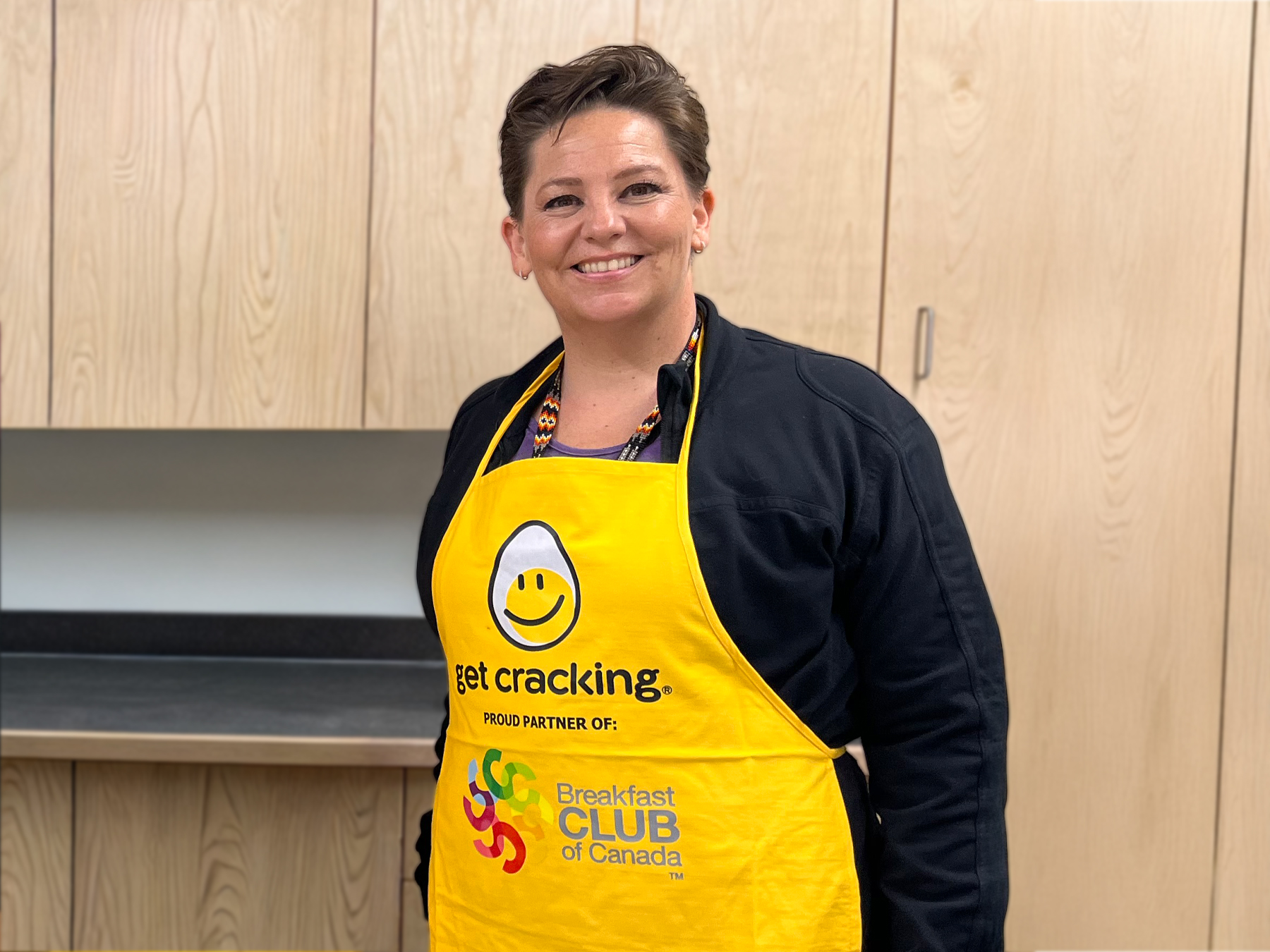
Feeding the future: 2nd Global Summit of the School Meals Coalition
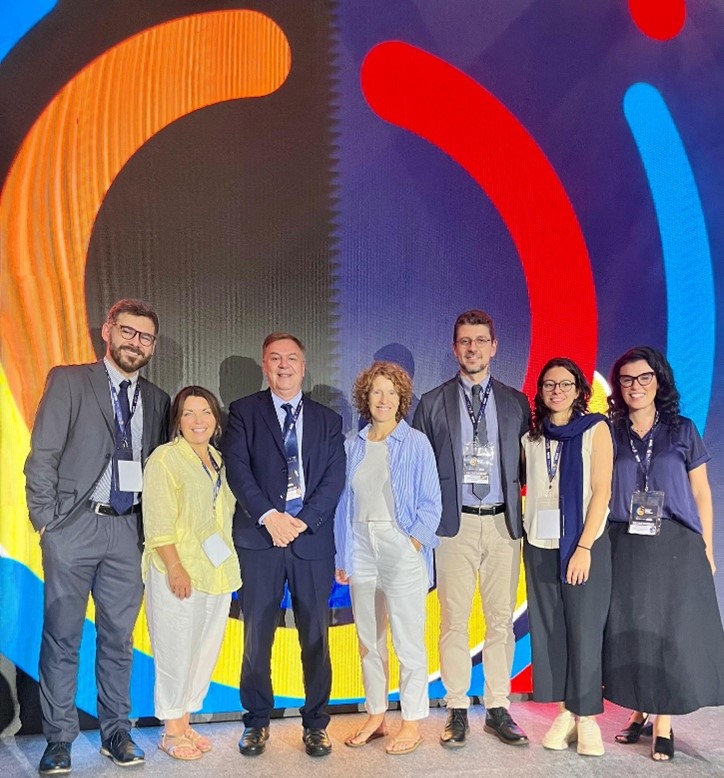
By Judith Barry, Co-Founder and Government Relations Director, and Marie-Claude Bienvenue, Vice-President, Government and Municipal Relations – Quebec
For over 30 years, we’ve believed that a child should start the school day on a full stomach, with a nutritious breakfast. We’ve carried this belief from coast to coast to coast, and it continues to guide us with a clear vision: to build sustainable breakfast programs that give students an equal chance to succeed every school day.
It was in this spirit that we, alongside international leaders, attended the 2nd Global Summit of the Global School Meals Coalition, held from September 18 to 20 under the high patronage of the President of Brazil, Luiz Inácio Lula da Silva. During the event, governments from over 80 countries, researchers, civil society partners, foundations and Indigenous communities joined forces to chart a future in which school meals are a universal right.
At the Summit, we were able to build new bridges and strengthen existing relationships. In particular, significant ties were forged with the Indigenous Peoples’ Food Systems Coalition, paving the way for promising future discussions. We also reinforced our association with the WFP Centre of Excellence against Hunger Brazil, which offered to lend us a hand and support the sustainability of the National School Food Program.
This trip was made possible by the use of Aeroplan points.
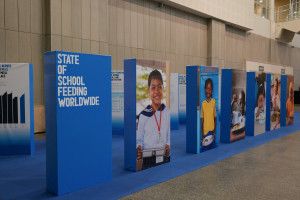
Courtesy of the Global Summit of the School Meals Coalition
Protecting our progress
Major strides have been made since the 2023 Paris Summit. In 2024, Canada committed to investing in a National School Food Program (NSFP), a key step towards providing every child with equal opportunities. However, this commitment remains fragile and requires a collective effort to ensure that it lasts.
The Civil Society Organisation (CSO) Network for School Meals has played a central role in mobilizing governments and improving programs through advocacy, collaboration and community involvement.
At the Summit, the CSO Network renewed its commitments and called on governments to ensure that every child receives a healthy school meal by 2030. It highlighted the importance of stable financing, inclusive governance and strong partnerships to turn promises into concrete, sustainable action.
Drawing inspiration from the sustainable practices of Indigenous communities
During our stay, we had the opportunity to visit a school food program in the JenipapoKanindé Indigenous community in northeastern Brazil. We learned about their approach, which promotes local and varied food that respects their traditions and ecosystems. By directly supporting local farmers, the community is reducing its carbon footprint. Sustainable agricultural skills, such as polyculture and agroforestry, are passed down to young people to preserve the community’s autonomy. Schools also play an essential role in preserving their language, customs and culinary practices. We saw firsthand how the emphasis on seasonal foods, biodiversity and reducing processed products dovetail with several practices already in use by the Club and are worthy of further exploration.
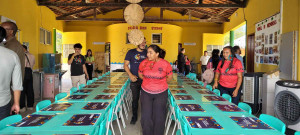
School food program in northeastern Brazil
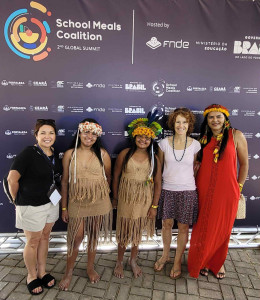
The Club team and members of the Jenipapo-Kanindé Indigenous community
An inspiring governance model
Brazil, recognized as a global model in school food programs, inspired us with its practices and governance. The lessons we took home with us have fuelled our thinking and will strengthen our advocacy for a sustainable school food program. One of the key takeaways from their model is that to ensure the continuity and stability of these programs, they must be enshrined in law. A legislative foundation gives them a lasting status, shielded from political and budgetary vagaries, and guarantees that future generations of children consistently have equal access to healthy food.
We came away from this summit with an enormous sense of gratitude to the global community, which has set itself the same goal, that by 2030, all children will have access to a school meal. We are also extremely thankful for all those who bring our mission to life: our Club experts, volunteers, school teams, community partners and donors.
We’re excited to bring back this new-found knowledge that will help drive us in achieving our goals of strengthening, maintaining and expanding our breakfast programs, as well as contributing to the health and success of children and our communities. More than ever, we must continue to work together to feed children, as their success hinges on all of us.
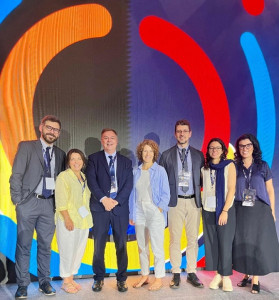
The Club team and the WFP Centre of Excellence against Hunger Brazil

